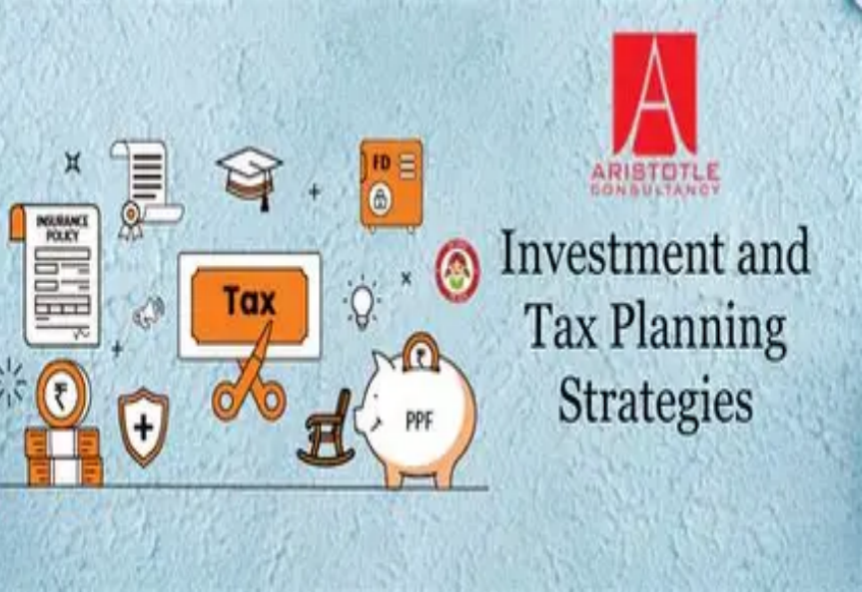For wealthy individuals aiming to enhance their financial portfolios, it's vital to grasp the tax effects of investing in real estate compared to other options. More than just basic deductions and exemptions, the tax environment surrounding property and other investments offers complex chances and hurdles that can greatly influence long-term gains.
The Hidden Tax Bonuses of Homeownership
Having a house is more than just finding a place to stay; it also offers various tax benefits that many people overlook. While mortgage interest deductions are fairly popular, there are special ways to make the most of them. Those with expensive homes can list deductions for any points paid on their mortgage, leading to considerable savings, particularly for large loans. Moreover, in some areas, property taxes can be deducted up to a certain cap, providing additional tax relief. Another aspect that isn’t often highlighted is the chance to make tax-free profits when selling a primary home. Homeowners can avoid paying taxes on a significant portion of their capital gains under certain conditions, enabling them to benefit greatly from rising property values without facing a large tax burden.

Real Estate Investment: The Depreciation Game
Properties for investment provide access to a beneficial tax technique known as depreciation. By lowering the property's value gradually, real estate investors can reduce taxable income from rental earnings. This expense, which does not involve cash, can significantly benefit those owning several properties. It’s crucial to remember, however, that when selling a property, depreciation recapture rules come into play, meaning taxes might be owed on the depreciation that was previously deducted. In addition, smart investors have the option to use 1031 exchanges. These exchanges allow them to delay paying capital gains taxes when they sell an investment property and instead put that money into another similar property. This approach can effectively aid in expanding a real estate investment portfolio without facing immediate tax obligations.
Alternative Investments: Tax-Efficient Avenues
Alternative investments, including stocks, bonds, and mutual funds, have a unique approach to tax efficiency. Investors benefit from long-term capital gains being taxed at a much lower rate than regular income, which encourages them to keep their investments for longer durations. In addition, certain investments, such as municipal bonds, can generate interest income that is free from federal taxes and, in some cases, may also be exempt from state and local taxes. For wealthy individuals facing higher tax rates, these tax-exempt returns can be quite appealing. Nevertheless, it is crucial to weigh the risks linked to these investments and understand how market changes might affect overall earnings.

The Tax Pitfalls to Avoid
Real estate and alternative investments both pose possible tax challenges. In the case of real estate, if rental expenses are not documented correctly, it could mean losing out on deductions and facing audits. Moreover, incorrectly distinguishing between capital improvements and repairs can have serious tax consequences. With alternative investments, engaging in short-term trading might lead to increased tax rates, which can decrease profits. Wealthy individuals should also be cautious of the net investment income tax, which affects certain investment income that exceeds a designated amount. By recognizing these challenges, investors can take steps to lower their tax risks and enhance their returns.
Strategic Tax Planning for the Affluent
Wealthy individuals possess the means to undertake careful tax planning, which can greatly influence their investment decisions. This could include establishing an investment portfolio that minimizes taxes while incorporating both real estate and other investment types. For instance, utilizing a self-directed IRA for real estate investment can offer extra tax benefits. Moreover, collaborating with tax experts who focus on wealthy clients can reveal specialized tax strategies that cater to specific financial circumstances. By adopting a comprehensive strategy to tax planning, affluent investors can make educated choices that enhance their after-tax profits and protect their wealth for future generations.

In summary, understanding the tax effects of purchasing property compared to other investments is complicated and detailed. Understanding these complexities is essential for wealthy individuals to make informed financial choices.Whether it involves taking advantage of the tax perks of owning a home, utilizing depreciation in real estate investments, or considering alternative investments with tax benefits, there are ways to improve returns and reduce tax obligations. With thorough planning and professional advice, investors can maneuver through the tax system and reach their financial aspirations.





